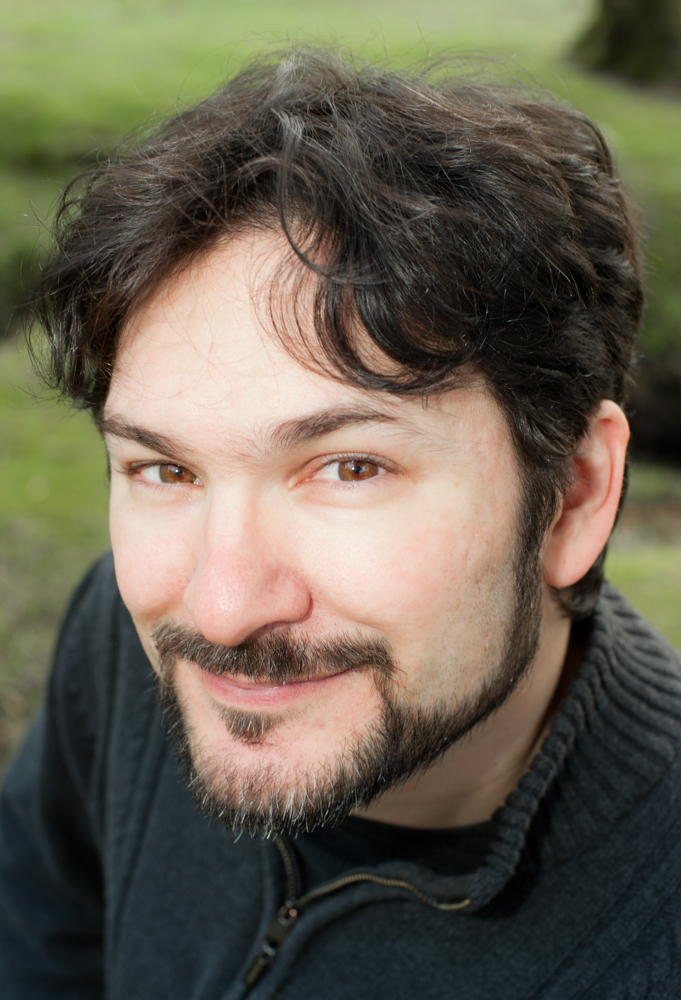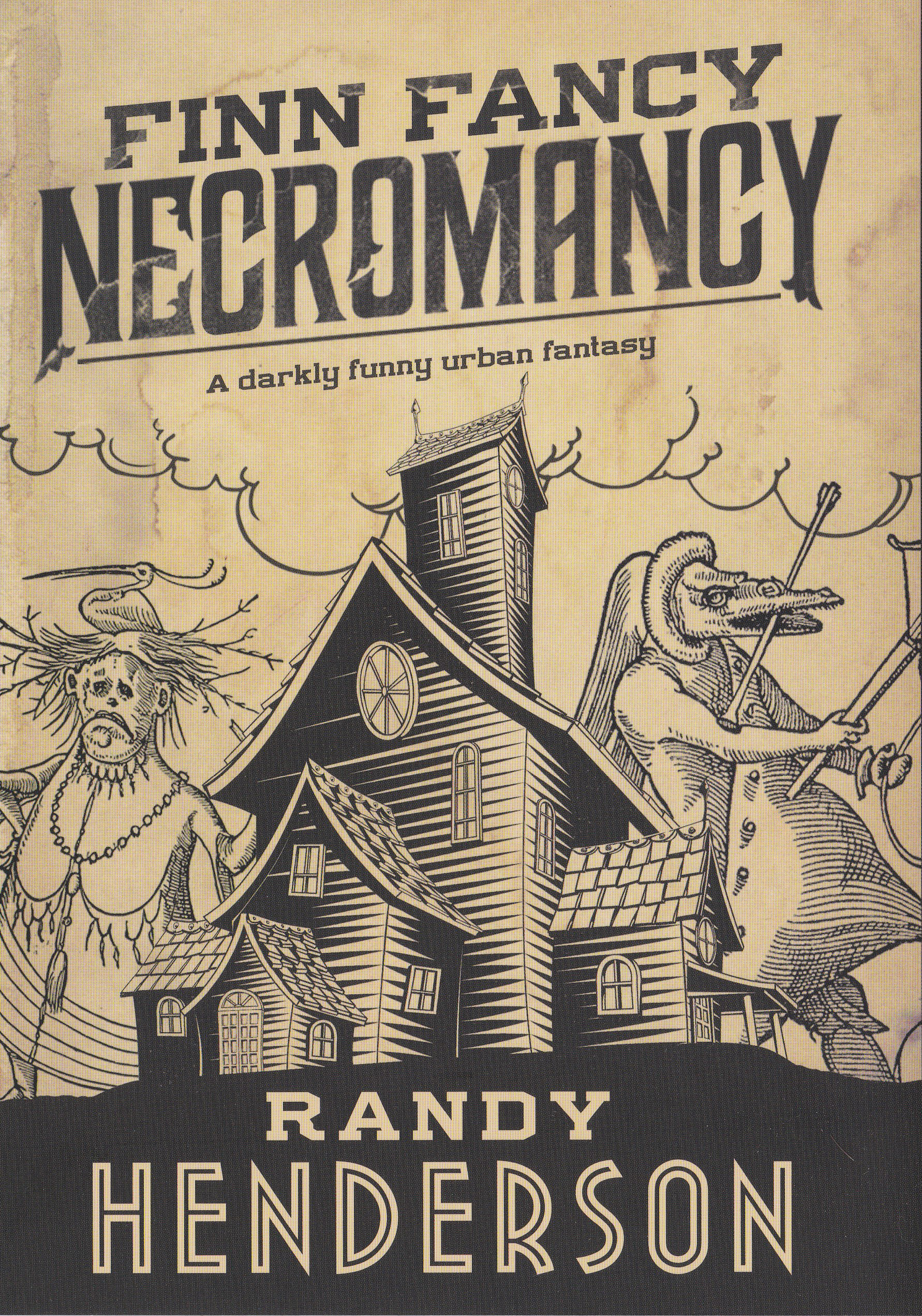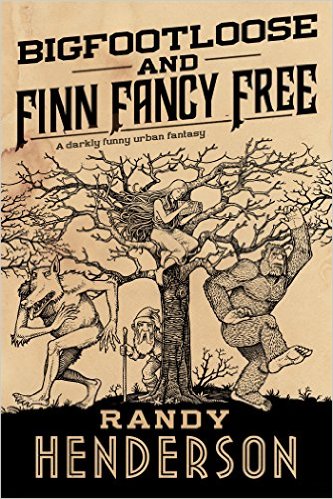Here’s a copy of the Writers of the Future video that was shown during the big awards show this past April, which shares a few glimpses of my own experience there. If you watch it, I’m sure you’ll find more than a few things interesting, humorous, and/or educational, but I’ll just speak to the parts in which I’m featured.
at 2:42 — I mention the blind submission process. I really do appreciate and applaud this about Writers of the Future. It helps to eliminate the chance of unconscious biases playing a role in the selection of winners — having no obvious clue as to the gender, location, or possible ethnicity of the writers when judging their work.
Of course, the contest is still looking for specific types of stories, just as any market does — they are, I believe, hoping to target younger readers, for example. And obviously, the personal tastes, experiences and pet peeves of the judges will come into play at some level, and so perhaps a greater diversity in judges is something to strive for. Which, again, is true many places.
at 4:02 — they begin talking about the 24 hour story exercise, where you have to take a random object, a random book from the library, and a casual conversation with a random person on the street, and write a story in 24 hours incorporating elements of each. This was probably my favorite part of the workshop, the thing I found most useful. Not because it forced me to conceive and write a story in 24 hours (though it is of course good to know you can do so), but in that it forced me to break out of my writer shell and engage with people. I think a lot of us writers are introverts, or socially awkward, but in order to write richly detailed and unique characters it helps if we actually engage with people out in the world, people who are not other writers or people we already know.
at 4:28 — Me chatting with a random person on Hollywood Boulevard. He was a bucket drummer and standup comedian who followed his favorite pro ball player out to LA, and then began a string of career changes. He claimed to have written jokes for the Chapelle show, to be a part-time actor, and after I mentioned I was a writer he said he’d switched from acting to writing scripts since he felt there weren’t enough shows and movies out there with positive roles for black men. He also philosophized for a bit on the increasing disconnectedness of our society, with everyone staring at their cell phones and living virtually. It was one of the more interesting conversations I can remember, and would not have happened if I hadn’t engaged a perfect stranger on the street.












Awesome site you have here but I was wanting to know if you knew of any user discussion forums that cover the same
topics discussed in this article? I’d really love to be a
part of group where I can get feed-back from other experienced people that share the same interest.
If you have any recommendations, please let me
know. Bless you!
If your interest is in writing, then the most important things you can do are:
Most importantly, write, write, and write some more. The more you write, the better your writing will become.
Read a lot. And not just the same genre you want to write, but all kinds of stuff to fill you with ideas and raw materials for building characters and stories. Also, if you read a lot, you will sort of absorb naturally the general shape and feel of a story, especially if you go back and look closely at the ways they conveyed the events, details, and emotions that they did.
But it may also help you to try:
* Joining writing groups for feedback, information and support. They can be found via Meetup.com, local want ads, and through your local bookstores and libraries.
* Check your local libraries and bookstores for writing workshops and lectures.
* Attend readings by authors at your bookstores and libraries, as they will often talk about their process, and answer questions.
* Check out websites like SFWA.org for resources on writing.
* Reading books on the craft of writing. Some good ones include:
• “Plot” by Ansen Dibell
• “Characters, Emotion, and Viewpoint” by Nancy Kress (includes exercises)
• “Beginnings, Middles, & Ends” by Nancy Kress
• “The 10% Solution” by Ken Rand (book on editing/ revisions)
• “Writing the Other” by Nisi Shawl and Cynthia Ward (how to write characters that are of other races, sexualities, gender, culture, etc. than yourself)
• “Booklife” by Jeff Vandermeer (book on how to be a writer, not on writing)
• “The First Five Pages” by Noah Lukeman